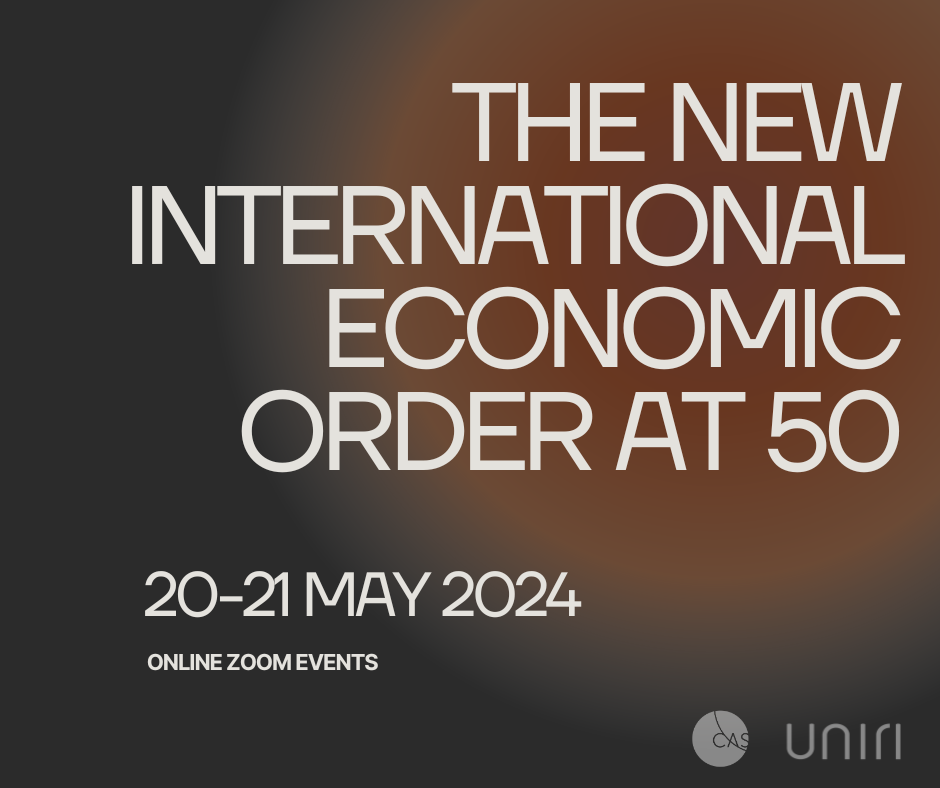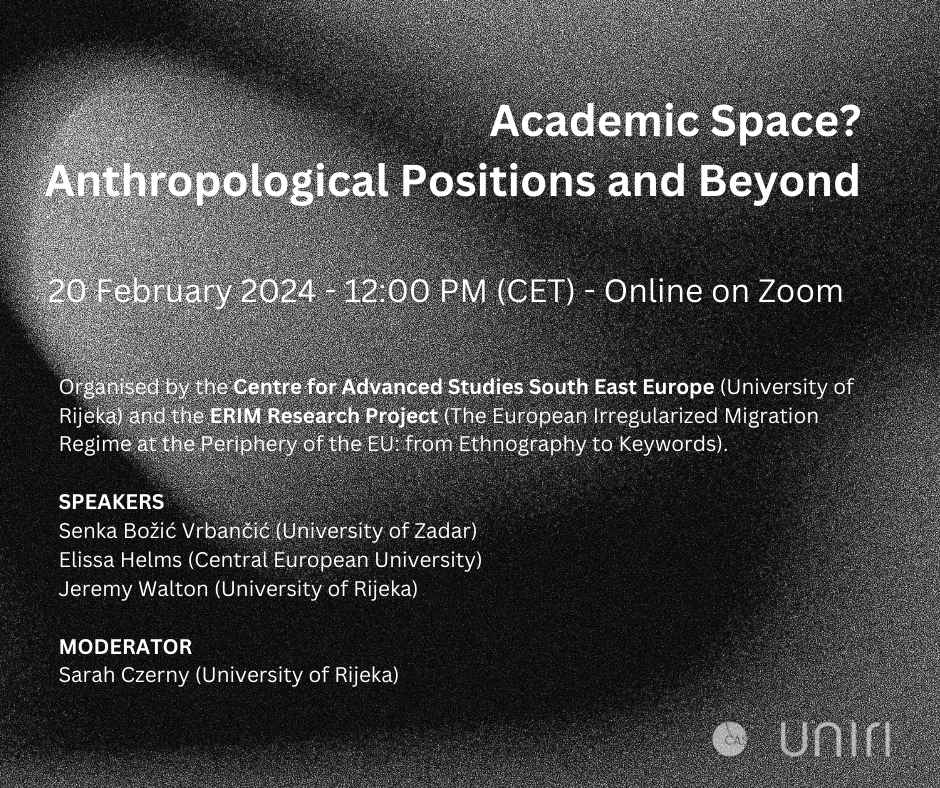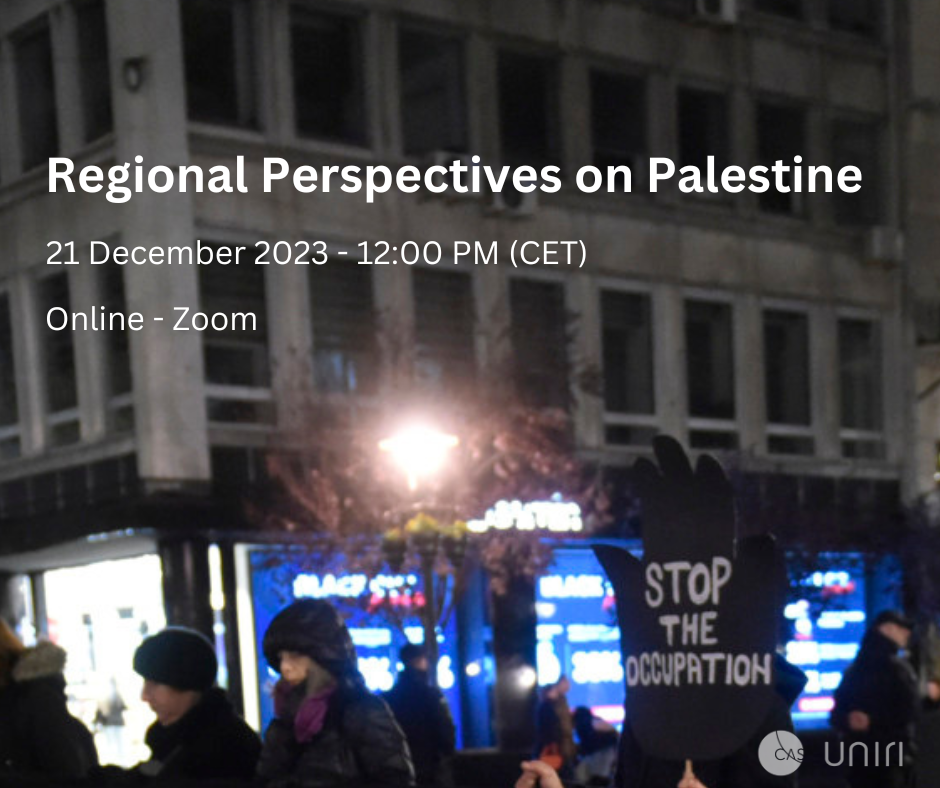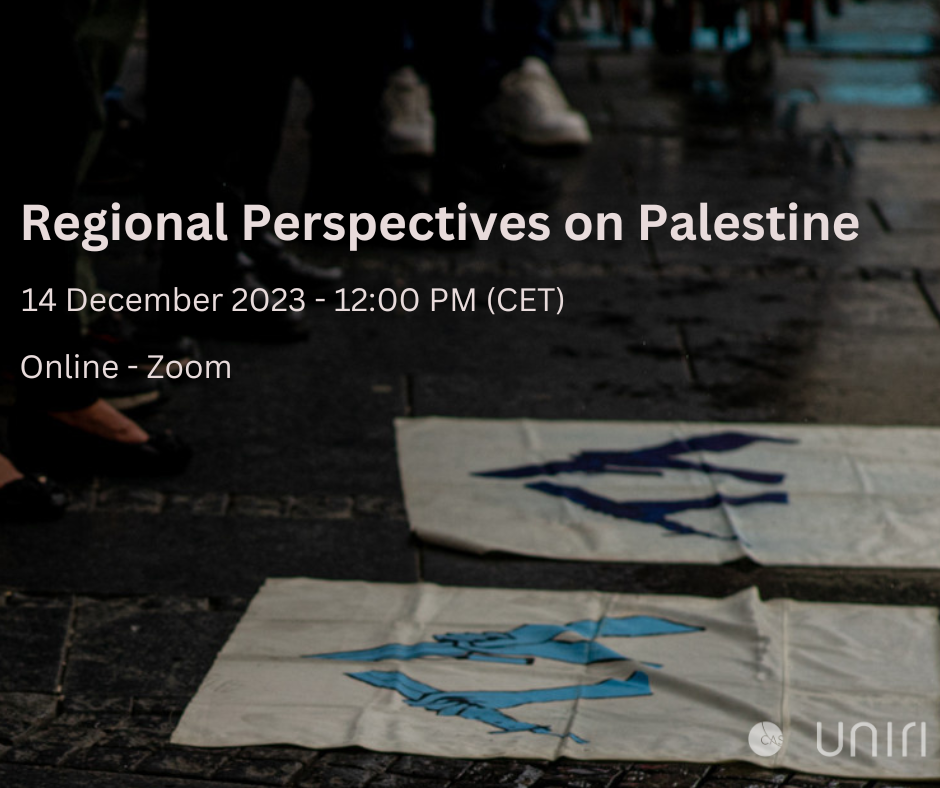Drivers of Human Migration: a review of scientific evidence
“A vast number of studies has been dedicated to investigating which factors affect human migration. Those factors, often referred to as “determinants”, or “drivers” of migration, have become the founding blocks for different migration theories. While hundreds of factors have been stacking up into dozens of different theories, there has not been a single attempt to make a comprehensive overview of factors, and single out those consistently most important. Such overview would be highly useful for the regulators, who, by treating those central factors, could more effectively manage migratory developments. The overview, too, would be highly beneficial for migration scholars, to recognize the factors, as well as geographies, that have been under-investigated.
Introducing a novel approach to literature review based on Content Analysis, we collect evidence on migration factors from scientific studies around the globe. By coding factor-to-migration relations, we derive the centrality ranking of factors of migration across countries, at both internal and international level. We also identify the various ways to measure, and various data sources, for both migration factors and migration flows. We explain how these results maintain validity as part of a migration observatory intended for the policymakers.”
Dino Pitoski is a researcher at the department of e-Governance and Administration at Danube University Krems, Austria. His work is funded within the PhD programme in Migration Studies by the Asylum, Migration and Integration Fund (AMIF) and the Austrian Federal Ministry of the
Interior (BM.I). His PhD project, titled “The complex network of human migration – inputs for European migration policies”, observes human migration from a network science perspective, relating the factors of migration identified in migration (determinants) theory with network analysis measures and models, starting from the widest geographical levels, down to the case of internal migration in Austria. These classified determinants, measures, models and their relations, should, subsequently, act as constitutive components of a migration observatory,
usable for regional and national policymakers. Dino´s temporary stay at CAS SEE is under Erasmus+ Staff mobility for training agreement.
The seminar was held at the University of Rijeka on January 30, 2019.




